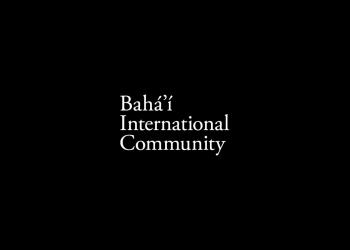Source: www.bic.org

NEW YORK—4 October 2021—Recent reports indicate that the Iranian government has affirmed and further entrenched its policy to bar members of the Baha’i Faith from university. Young Baha’is, who for decades have been denied access to university, have encountered new official wording regarding this ban in their individual cases.
For many years Baha’is who have taken (and passed) Iran’s national university entrance exams were later told that their applications were “incomplete” or “defective” – despite this not being the case. Now growing numbers of young Baha’is have been told that they were “rejected” due to not meeting the “general qualification” for university study. Belonging only to a religion recognized by Iran’s constitution, i.e. Islam, Christianity, Judaism or Zoroastrianism, is a general qualification stipulated on the education authority’s own website.
Being a Baha’i, a member of Iran’s largest non-Muslim religious minority, is considered a disqualification and therefore excludes tens of thousands of bright and motivated students from pursuing higher education. Losing the right to study at university crushes the hopes and futures of young people. This policy is manifestly cruel and destructive.
The Baha’i International Community (BIC) is distressed and disappointed by this news. Baha’is in Iran – and around the world – view the transition into power of the new government as an opportunity for the Iranian authorities to commit themselves to guaranteeing the basic human rights of all of its citizens and to end its long-running persecution of the Baha’is. And surely the Iranian government should focus on the country’s many pressing crises rather than continue to spend its time and resources suppressing an innocent and defenceless community who are the well-wishers and lovers of their homeland.
But instead, by issuing these rejections, officials have exposed the blatant religious prejudice underlying this unjust and discriminatory policy. The BIC has for years warned of this, and the Iranian government has insisted that they respect the rights of all Iranian citizens; now, it seems, it no longer feels the need to even pretend. Dropping its pretenses and using such explicit language in its persecution of the Baha’is suggests that the government intends to entrench this even more deeply into its state institutions.
International accountability and direct oversight of Iran’s higher education policies are essential if this discrimination is to end. The BIC calls on the United Nations and governments to immediately intervene with the Iranian authorities on behalf of the Baha’is in Iran.
Leave a Reply